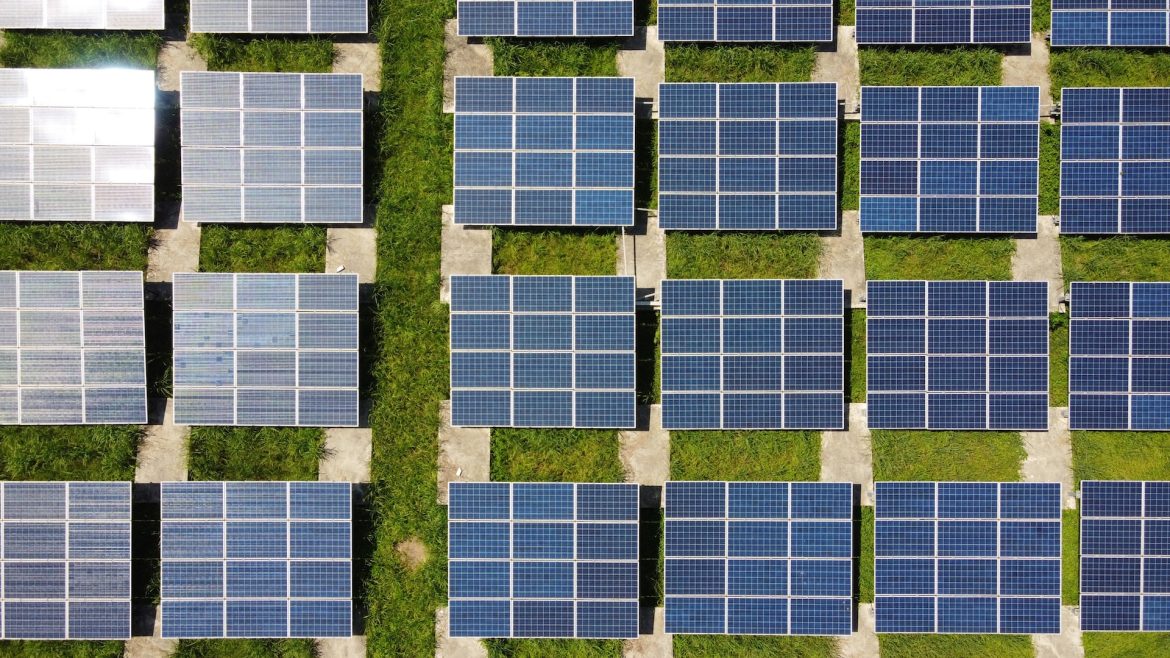Nigeria, Africa’s most populous nation and largest economy has long struggled with chronic power shortages that hamper its development and frustrate its citizens. But a new pilot project in Niger State, north-central Nigeria, could offer a glimpse of a brighter future.
The project, commissioned by the Nigerian government in partnership with Mainstream Energy Solution and its Chinese partner, HEDC, involves the installation of a 300KWp solar photovoltaic (PV) system with a 675kWh battery energy storage system (BESS) at the Kainji hydropower plant (HPP).
The solar PV system will complement the existing 760MW capacity of the HPP, which supplies electricity to several states in Nigeria. The BESS will help stabilize the grid and reduce the risk of power outages.
The project is part of President Bola Tinubu’s Renewed Hope Agenda, which aims to provide “adequate, reliable, and quality electricity to businesses and households in the country.” According to Nigeria’s Minister of Power, Adebayo Adelabu, the project will increase power generation capacity and lower electricity costs. It will also enhance collaboration between the main concessionaire and its Chinese partner in the renewable energy field.
The project is the first of its kind in Nigeria and one of the few in Africa that integrates solar and hydropower. It is expected to serve as a model for future hybrid projects that can harness the abundant renewable energy resources in the continent.
Nigeria has a huge potential for solar energy, with an average solar radiation of about 5.5kWh/m2/day and about 350 sunny days per year. However, the country has only installed about 28MW of solar PV capacity as of 2019, according to the International Renewable Energy Agency (IRENA).
The main challenges facing the development of solar energy in Nigeria include the high upfront costs, the lack of adequate policies and incentives, the weak transmission and distribution infrastructure, and the security threats to power facilities.
The Nigerian government has taken some steps to address these challenges and promote the deployment of solar energy, especially in rural and off-grid areas. For instance, it has launched the Solar Power Naija program, which aims to provide 5 million households with solar home systems by 2023. It has also signed an agreement with Germany for the construction of new substations and transmission lines under the Presidential Power Initiative (PPI).
The solar energy project in Niger State is another milestone in Nigeria’s quest for a sustainable, clean-energy future. It demonstrates the country’s commitment to diversify its energy mix and reduce its dependence on fossil fuels, which account for about 86% of its electricity generation.
The project also aligns with the global efforts to combat climate change and achieve the Sustainable Development Goals (SDGs), particularly SDG 7, which calls for ensuring access to affordable, reliable, sustainable, and modern energy for all.
As Nigeria celebrates its 60th anniversary of independence this year, the solar energy project in Niger State offers a ray of hope for millions of Nigerians who still lack access to electricity or suffer from frequent blackouts. It also shows that Nigeria can leverage its natural resources and international partnerships to overcome its power challenges and light up the country.
Source: ESI Africa



